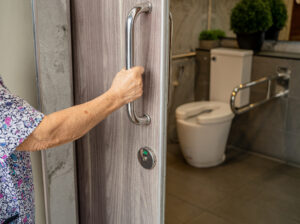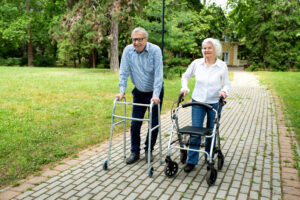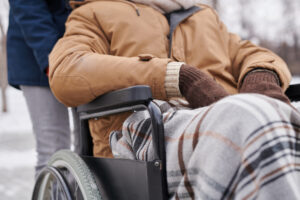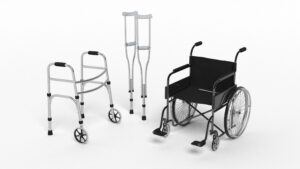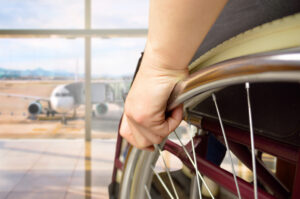
The population is ageing, bringing considerable demographic changes over the past few years that have increased the proportion of elderly people needing medical devices, appliances and hygiene materials for at-home use.
Autonomy and independence are the first things lost when a senior declines in health, with a variety of health issues that many seniors experience, including:
Many seniors prefer to remain at home, and opt for outpatient treatment. While having your older adult at home can be a great choice for your family, you can expect a number of lifestyle changes that come with caring for an older adult.
Loss of mobility and dexterity can make activities of daily living a challenge for you and your loved one. Reduced cognition and dementia may also come into play, decreasing the patient’s ability to function and reducing their overall quality of life. Addressing safety and mobility issues early on can prevent falls and injury, and can make it easier for you to care for your patient’s hygiene needs.
Using proper bathroom safety items is key for any household with an elderly member. A patient who has experienced a stroke or undergone a major trauma needs the right appliances to support independence and security in daily routines. Washing up, going to the bathroom, taking a bath or a shower, and getting in and out of the tub can be risky, and your bathroom should be made as fall-proof as possible. Bathrooms are known to be the highest risk rooms in any house, with over 80% of seniors’ accidents occurring on tiled floors.
Certain appliances will come in handy when you bring your loved one home from the hospital. Some of them are traditional patient room items like a blood pressure monitor or a pedal exerciser. Others are more specific and will vary depending on the patient’s condition:
Some may seem like unnecessary items, but they can make living with an elderly patient easier for everyone in your home.
Safely and mobility are not the only problems with aging. Aging skin adapts to the body’s changes, becoming more sensitive, thinner, and more fragile. Minor trauma, rosacea, eczema and other conditions are all hazards for an elderly person who lives alone.
Keep a selection of high-quality personal hygiene products on hand for easy-access no-rinse cleansing, to make hygiene easier for a family member with limited dexterity, and to provide proper skin care at the same time. Consider laundry hampers, wet wipes with a soft cleansing formula, and disposable underpads.
Caring for an elderly family member can dramatically impact your lifestyle, but having the appropriate hygiene items available can make a considerable difference.

